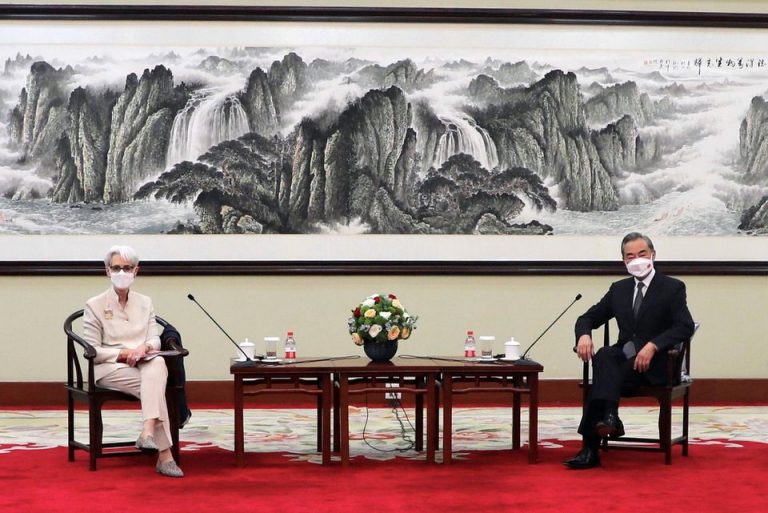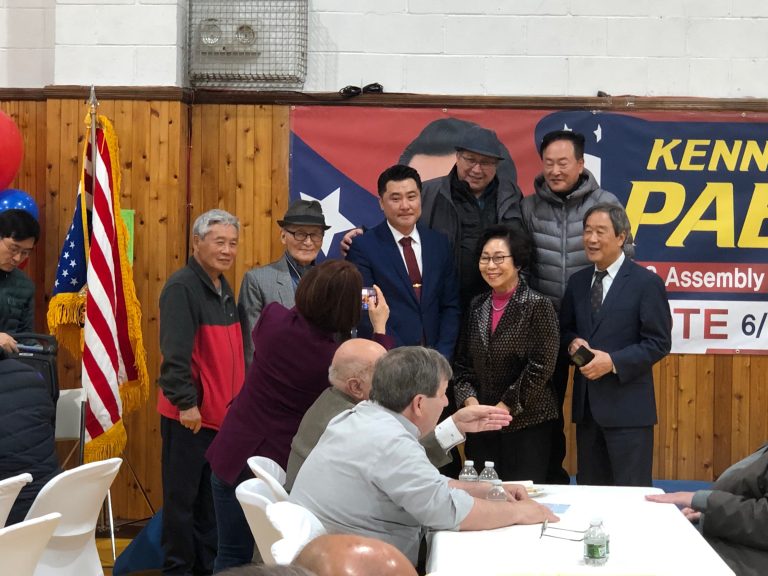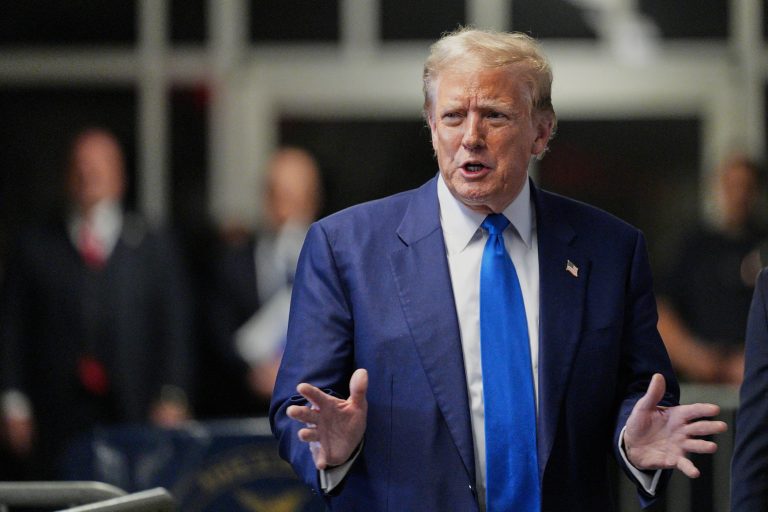On July 23, Beijing announced counter-sanctions on six American individuals and one entity in response to Washington’s sanctions on Chinese officials involved in suppressing human rights in Hong Kong. The sanctions are the first such announced under the new Anti-Foreign Sanction Law that China had passed in June.
Sanctioned individuals include former U.S. Commerce Secretary Wilbur Ross, former Congressional-Executive Commission on China staff director, Jonathan Stivers, U.S.-China Economic and Security Review Commission Chairperson, Carolyn Bartholomew, International Republican Institute Associate Director, Adam King, DoYun Kim from the National Democratic Institute, and Human Rights Watch China Director, Sophie Richardson.
The sanctioned entity is the Washington-based Hong Kong Democratic Council, which aims to “protect Hong Kong’s basic freedoms, autonomy, and the rule of law.”
While speaking to reporters, a spokesperson from the Chinese Foreign Ministry claimed that Beijing’s sanctions are the result of Washington’s “erroneous practice” of sanctioning Chinese individuals. On July 16, the U.S. Treasury Department had imposed sanctions on seven Chinese officials from Beijing’s Hong Kong Liaison office that is used by the Chinese government to arrange its policies in the city.
The spokesperson also lashed out at a Hong Kong Business Advisory issued by Washington on July 16 which sought to caution American businesses about the risks involved in conducting operations in Hong Kong. He accused the United States of using the advisory to “groundlessly smear” the business environment in Hong Kong.
Success
You are now signed up for our newsletter
Success
Check your email to complete sign up
“These acts gravely violate international law and basic norms governing international relations and severely interfere in China’s internal affairs. China firmly opposes and strongly condemns this,” the spokesperson said in a statement.
Reactions
During a July 23 press briefing, White House Press Secretary Jen Psaki said that the Biden administration was “undeterred” by Chinese sanctions and remains committed to implementing American sanctions on China.
She called Beijing’s actions an example of how it “punishes private citizens, companies, and civil society organizations as a way to send political signals.” Psaki stated that they illustrate China’s deteriorating investment climate. Both political parties in America “oppose” moves that target those who protect fundamental freedoms and defend universal human rights, she said.
Samuel Chu, leader of the sanctioned Hong Kong Democracy Council, stated that being targeted and sanctioned by the CCP is “a badge of honor,” insisting that it is the “best validation” of what and who they are fighting for.
“Beijing can sanction us, but it only affirms our effectiveness, strengthens our resolve, and lays bare their shameful repression for the world to see. To call out the fearless advocates and officials who spotlight the CCP’s (Chinese Communist Party) atrocities is elevating our work,” Chu said to the National Review.
Sophia Richardson, Human Rights Watch China Director, called the sanctions imposed on her a “distraction” and “noise.”
“We have work to do, and these sanctions are not in any way going to distract us from continuing to do our work. And I only wish that the Chinese government would focus its energy on ending crimes against humanity against Uyghurs, among other serious human rights crimes,” Richardson told the Voice of America.
Anti-Foreign Sanctions Law
The Anti-Foreign Sanctions Law (AFSL) was passed by the National People’s Congress Standing Committee (NPCSC) on June 10 and came into effect immediately. The law is designed to counter U.S. and EU sanctions on Chinese companies and individuals.
Under the new law, American and EU citizens involved in designing or implementing such sanctions would be denied visas to China, a rule that is applicable to their family members as well. Should they attempt to engage in commercial transactions with any Chinese entity, such transactions may be blocked. If they own assets in China, the government can seize them.
“This law is like the ringing of a gong. It is a warning to the U.S.: You should be worried. China will not endure this treatment as easily as it once did,” Wei Jianguo, former commerce vice minister, said to NPR.
Though ASFL seems to be aimed at foreign politicians, it is so broadly written that any foreigner could end up being subject to it. This has created tensions in the foreign business community.
In an interview with The Epoch Times, Tang Jingyuan, a U.S.-based China affairs commentator, warned that the Anti-Foreign Sanctions Law is a “comprehensive retaliation” against the United States and other developed nations.
The law can be used to grab the assets of companies that do not act according to CCP mandates. Tang worries that Beijing might use the law to force foreign companies to buy products sourced via forced labor and make international tech firms transfer their technologies to local companies.
“I see risks that this law brings to the society. I can imagine that foreign companies will have to leave the China market before the CCP forces them to do things [against U.S. sanctions], and Chinese enterprises are forced to stop purchasing imported technology,” Tang said.
Yet despite this apparent display of retaliation on the part of the CCP, on July 26, Reuters reported that the U.S. Deputy Secretary of State Wendy Sherman, met Vice Foreign Minister Xie Feng in Tianjin, northern China in talks described as “frank and open” by the U.S. State Department.
The Asia trip was included in the travel itinerary last minute. According to Chinese state broadcaster CCTV, “the United States wants to reignite the sense of national purpose by establishing China as an ‘imaginary enemy’” and that the U.S. was not qualified to comment on China’s human rights record.
According to a briefing by the State Department “Reaching agreement or specific outcomes was not the purpose of today’s conversations,” a senior U.S. official said, while Psaki advised reporters that part of the U.S. strategy was hoping to align with China on various areas including climate change, the Treaty on the Non-Proliferation of Nuclear Weapons (NPT), North Korea, Iran, Afghanistan, and Myanmar. Disparity remained as foreign journalists were denied entry to the talks due to COVID-19 restrictions while Chinese media were allowed to participate on the sidelines (despite COVID-19 restrictions).















